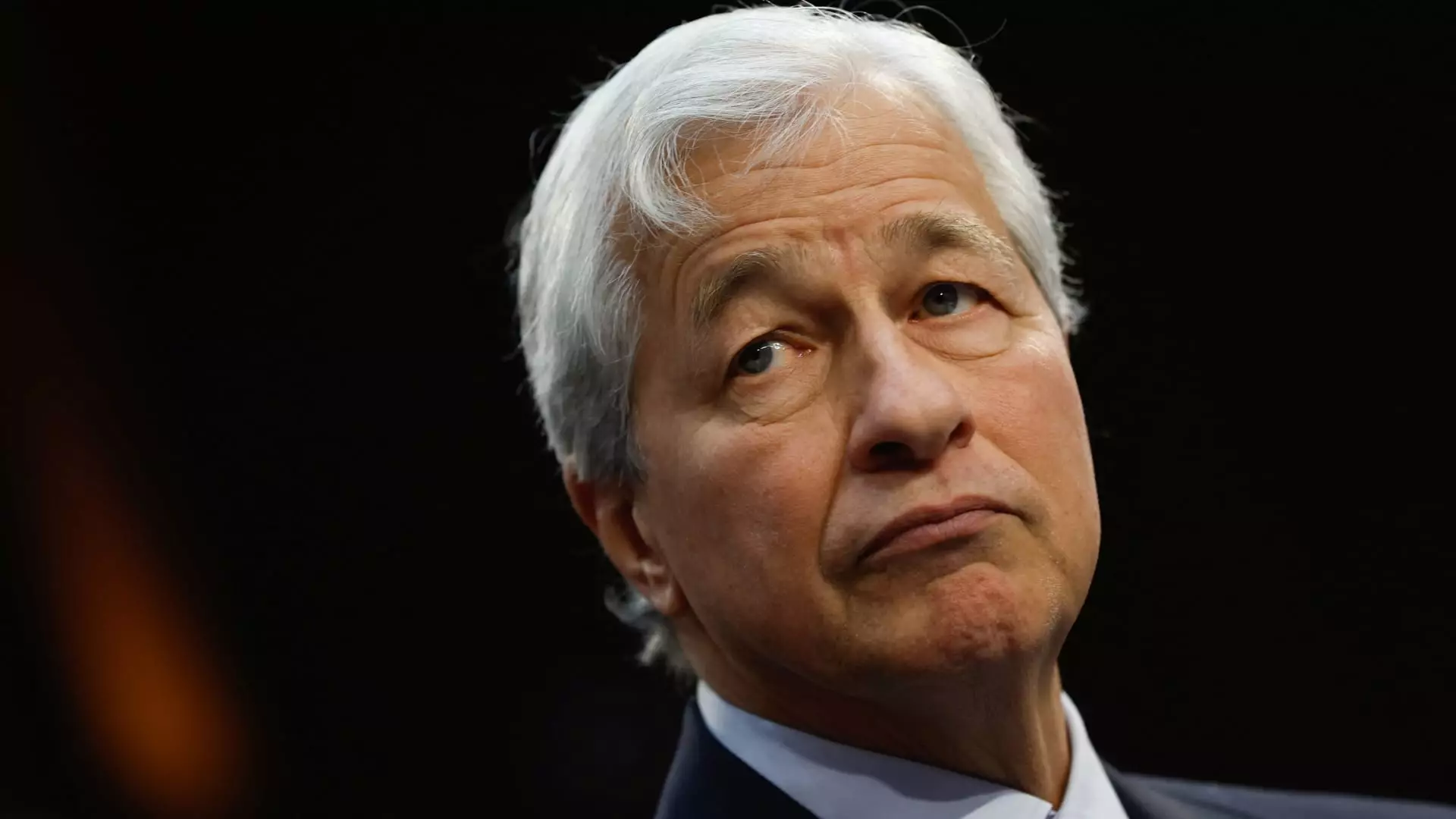The world stands at a precarious juncture, as highlighted by JPMorgan Chase’s CEO Jamie Dimon in his recent remarks concerning escalating conflicts in the Middle East and the ongoing invasion of Ukraine by Russia. Dimon emphasizes the urgency of these geopolitical strains, signaling a troubling evolution that could redefine not only economic landscapes but the very fabric of international relations established post-World War II. His warnings stem from a keen observation that these conflicts, alongside rising tensions between the U.S. and China and the looming threats of nuclear escalation from nations like Iran, North Korea, and Russia, create an environment rife with uncertainty.
Dimon articulated that the situation is not merely unstable; it is deteriorating rapidly. As the conflict between Israel and Hamas nears its one-year anniversary, reports indicate significant casualties and intense military responses, such as airstrikes in Beirut, which unearth deeper regional instability. Additionally, with Iran’s recent missile launches against Israel, the specter of a broader military confrontation becomes a looming possibility. This ongoing turmoil brings forth urgent questions about global security and economic stability, echoing Dimon’s concerns that proactive leadership is crucial to mitigate these crises.
The Broader Economic Implications
Beyond the immediate humanitarian crises, Dimon cautioned that the ramifications of these geopolitical confrontations could extend into the global economy. While he acknowledges some resilience in the U.S. economy and a reduction in inflation rates, Dimon remains vigilant about several contributing factors that could thwart recovery—namely, substantial fiscal deficits, a pressing need for infrastructural development, and the challenges posed by a shifting trade environment.
Moreover, the significant increase in Russian defense spending hints at an ongoing commitment to military operations in Ukraine, potentially complicating efforts toward stabilization in Eastern Europe. These developments suggest a landscape marked by heightened military priorities, which may divert resources essential for economic growth and development, exacerbating existing vulnerabilities within the global economic framework.
The Quest for Strong Leadership
In light of these events, Dimon’s call for strong and decisive leadership among Western nations becomes increasingly pivotal. He posits that the current atmosphere of escalated conflicts and uncertainties in international alliances demands a coordinated and robust response from global leaders. Drawing from his extensive experience in the financial world, Dimon underscores that the resolution of these geopolitical tensions is foundational not only for economic stability but also for the long-term peace and security that have been hallmarks of the post-war international order.
This reflection on leadership is particularly poignant given contemporary political climates, where decisive action can often feel at odds with larger bureaucratic processes. Dimon’s perspective invites a revaluation of how leaders navigate crises that transcend borders—ultimately determining not just the immediate economic outcomes, but the potential trajectories of nations embroiled in conflict.
As the global community grapples with a multifaceted and increasingly dangerous geopolitical landscape, the insights from Jamie Dimon serve as a reminder of the intertwined nature of international relations and economic policy. The call for strong leadership and proactive measures becomes not just an appeal but a necessary strategy to address the complex challenges that lie ahead. Looking forward, stakeholders in both government and business must recognize the importance of collaboration, foresight, and decisive action to secure a more stable future amid uncertainty.

Leave a Reply